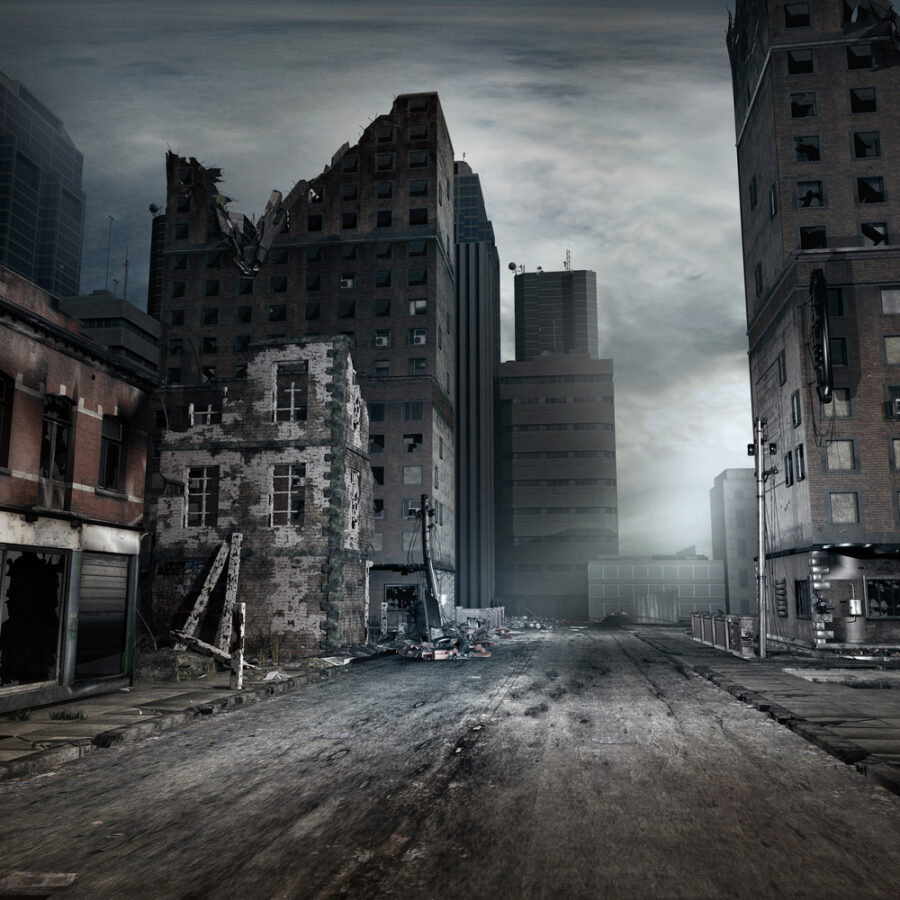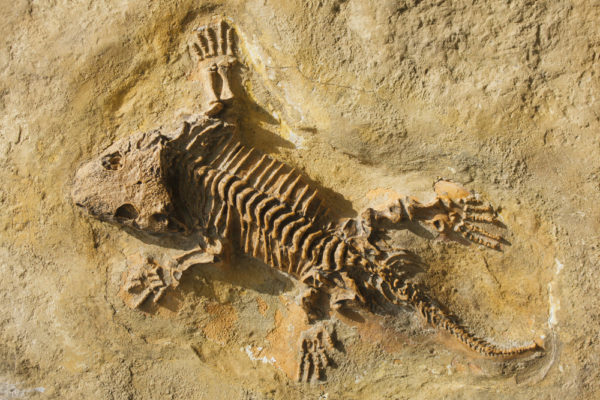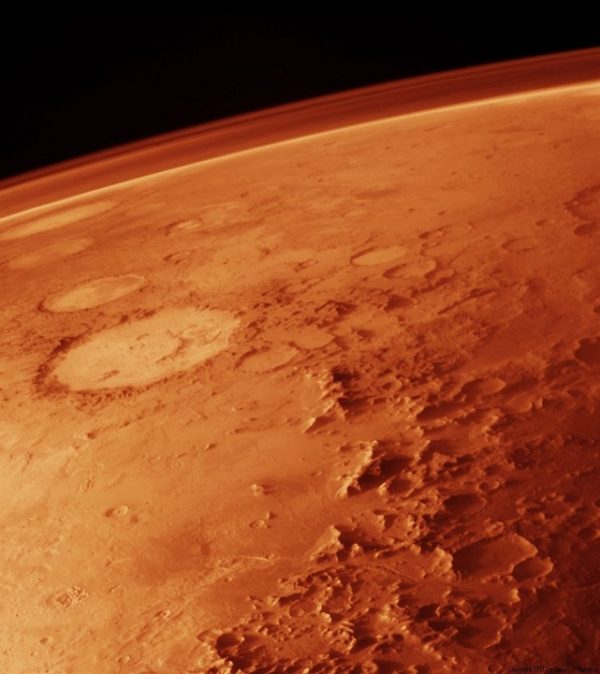Writer Fuel: If Humans Stopped Having Babies, How Fast Would We Go Extinct?
Very few people live beyond a century. So, if no one had babies anymore, there would probably be no humans left on Earth within 100 years. But first, the population would shrink as older folks died and no one was being born. Even if all births were to suddenly cease, this decline would start slowly. … Read more





